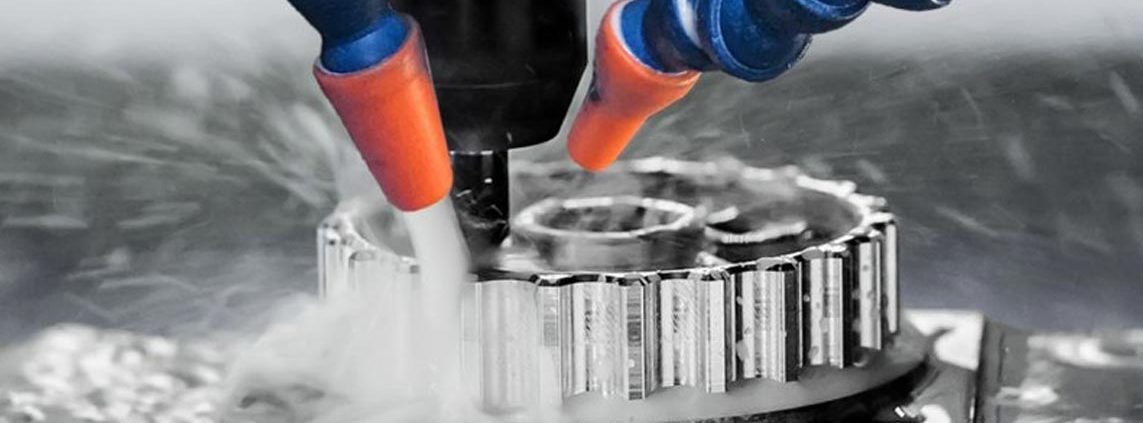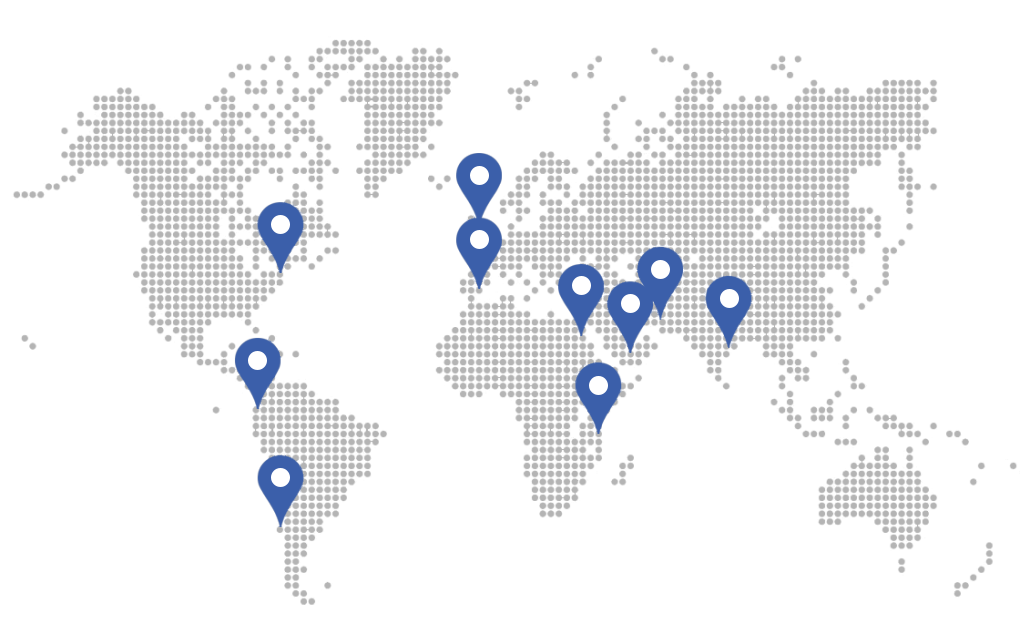CBD sales are predicted to almost quadruple over the next four years, from $535 million in 2018 to over $1.9 billion by 2022
For those readers unfamiliar with CBD, or cannabidiol, it is the non– psychoactive compound in cannabis; unlike THC, CBD will not produce a “high”. Use of CBD, just as vaping does, faces resistance in the form of the “precautionary principle”, wherein opponents of its use demand that it be prohibited until it has been proved safe; of course, prohibiting it ensures that it never will be proved safe, as there would be no compelling reason to research the matter. This unmasks prohibition as the primary objective, with safety concerns serving merely to mask that primary objective.
In spite of this opposition, CBD is currently legal in all but four states, according to CBS, despite a lack of U.S. Food & Drug Administration approval. According to Drake University Clinical Sciences Chair Tim Welty:
“The actual effectiveness [of CBD] from a scientific point of view is really difficult to define because there’s a lack of well-done scientific studies,” Welty said. “Drowsiness is common and then GI complaints. Then there’s the potential concern about damage to the liver.”
How Dr. Welty purports to know this with any degree of certainty, in the absence of studies which he acknowledges, remains a mystery at this time.
Nevertheless, CBD product use and popularity continue to rise. According to New Frontier Data, a data analytics firm, CBD sales are predicted to almost quadruple over the next four years, from $535 million in 2018 to over $1.9 billion by 2022.
“We’ve seen our sales grow tenfold in the last year,” said Rob Rosenheck. He and his wife, Cindy Capobianco, are co-founders of the California-based company Lord Jones.









